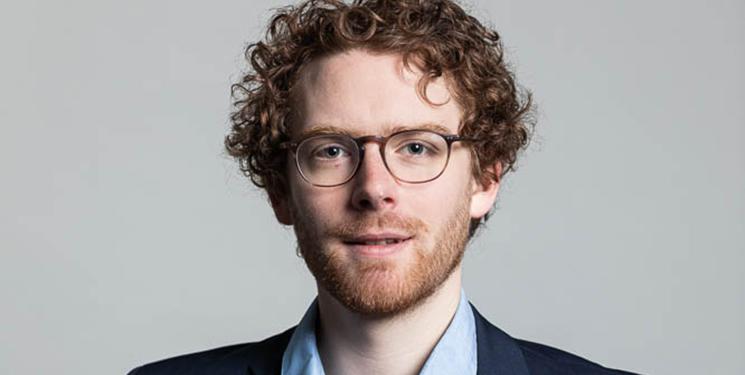Co-creation is the key to person-centred and community based social services for people with disabilities. At the 32nd European Social Services Conference (ESSC) social services professionals and leaders will hear inspiring examples on how to co-create care and support in practice. The event, taking place in Antwerp, Belgium, from 26-28 June 2024, will put social services co-production at the core of its programme.
Co-creating independent living in the community
People with disabilities have the right to live independently and choose where and with whom they want to live. At the thematic session on co-creating independent living, participations at the June event will learn about four co-production practices examples from Italy, France, Germany and Spain. The ABC Brain Injured Children Association from Italy will present how the organisation co-produces personalised care plans. France’s Haute Autorité de Santé, which advises health and social care providers on quality assurance and workforce development, will share its latest guidance for professionals who support the self-determination of people with disabilities. Meanwhile, the German regional ministry of Labour, Social Affairs, Health and Equality of Saxony-Anhalt, will provide insights into a new participation managers programme while Madrid City Council will showcase how its new Office of Independent Living for People with Intellectual Disabilities was set up through a co-creation process.
Exploring inclusive community care strategies
Deinstitutionalisation is a central goal that the European Social Network (ESN) promotes along with organisations representing people with disabilities. Analysing the readiness and potential of local government in Poland to implement deinstitutionalisation was the aim of a research project, whose outcomes will be presented by the University of Economics in Katowice at the walking practice fair. Participants will learn about key factors for carrying out the deinstitutionalisation process in a participatory way, taking into account tradition in the public sector, political agendas, inclusive decision-making processes, and financing of services.
Co-creating access to the labour market
In 2022, the average unemployment rate in the EU was 9.4 percent among people with disabilities compared to 6.1 per cent among those with no disability. In the context of labour shortages, more and more governments and public employment agencies around the world are looking to activate populations that are not in the labour market. At the first ‘Making-Co-Production Happen’ session, conference partner Deloitte will present promising models from Canada and the UK. Participants will also learn what works best and how they can implement integrated services, co-production, and specialised and tailored support for better labour market activation for the most disadvantaged populations.
Co-developing inclusive family support
Participants of the second ‘Making-Co-Production Happen’ session will hear about Riga City Council’s new programme of support for families with children with disabilities, co-created with families themselves. A key outcome is that families now receive co-developed individual support tailored to the individual needs of the child for instance to help them attend school.
Join and learn about co-creating support for people with disabilities
The ESSC promises to be a pivotal event for sharing knowledge, fostering innovation, and bringing forward co-creation for person-centred support for people with disabilities.
Join the 650+ delegates from 37 countries already registered for the 32nd European Social Services Conference. Register now to be part of this transformative event and contribute to shaping the future of social services in Europe.


